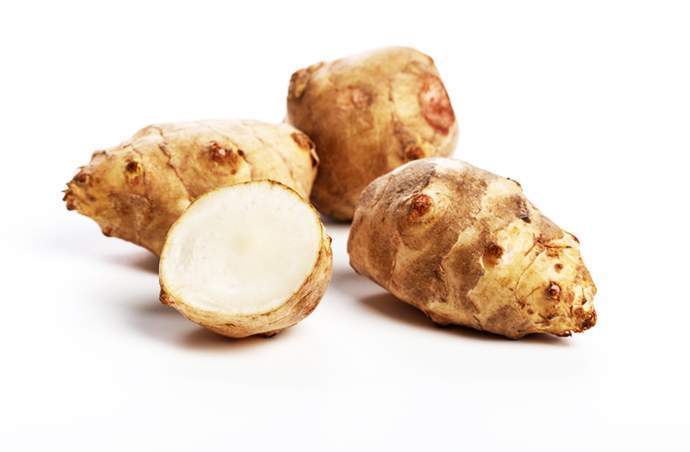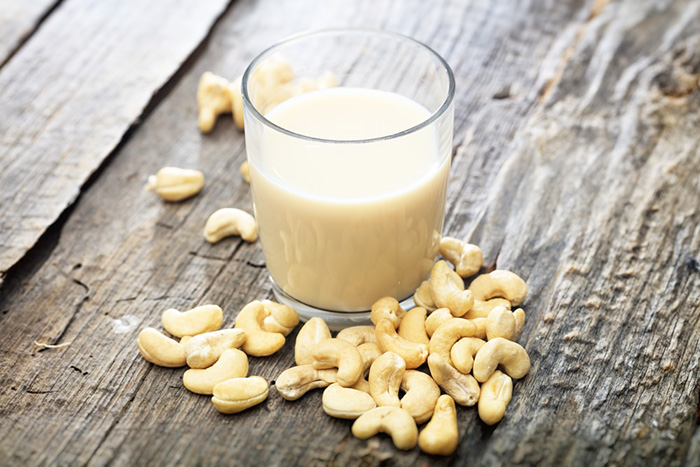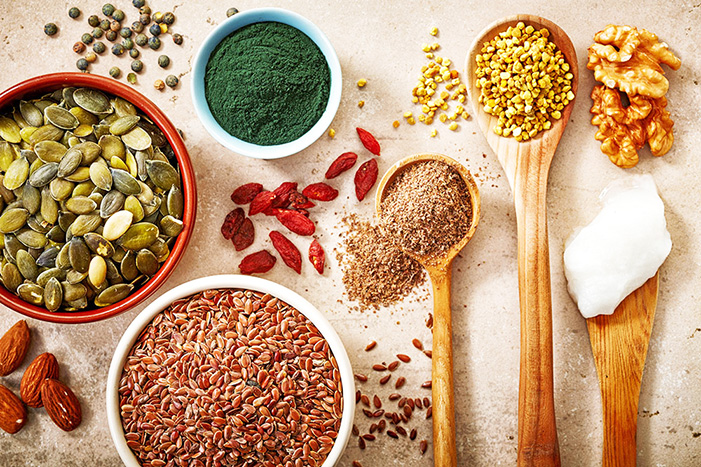Herbal healers rely on various herbal antibiotics to help fight off colds, flu, and other infections, while speeding up the healing process of wounds. Even today, these herbal remedies are finding their way back to mainstream healing since some types of bacteria have become resistant to antibiotics that have been manufactured by scientists.
Although herbal antibiotics sound promising, they still need to be taken with caution as they may also be accompanied with side effects. It would be better if you have a trained herbalist to help you out at this point. However, if you are curious as to what herbs are known for their ability to combat infection, here are a few that you should acquaint yourself with:
Garlic
Garlic may be a staple in your kitchen, but have you ever considered this ingredient as an antibiotic? You may be surprised to find that garlic can help combat tuberculosis, candida albicans, and even salmonella, just to name a few. If you can handle garlic fresh, then chew on a clove or two. You can also add garlic in your meals when you can.
Oregano
We often use oregano to add more flavor to our meals, but did you know that the oil extracted from this plant, is high in antiviral properties? Carvacrol, which is the active component in oregano, can render viruses such as the human norovirus, inactive. Although this does make a wonderful addition to your cooking, if you wish to get the most out of it, the best option is to use oregano oil instead.
Ginger
Ginger is often used to alleviate stomach upset and nausea, but there is more to this herb than meets the eye. This herb not only fights off any virus present in your body, but it actually prevents it from attaching to the parts of your body where they often target first. Studies show that fresh ginger is much better used if you wish to fight off any infection compared to dried ginger.
Licorice
Another herb that can help fight off infection is licorice. What makes this herb powerful is that it boosts the immune system while working as an antibiotic as well. Using the whole root may come with fewer side effects compared to the extracts. Among the side effects that may appear include water retention and high blood pressure.
Aloe vera
Aloe vera can protect you against herpes simplex virus types 1 and 2 as well as staphylococcus aureus on top of the fact that this herb can also be used for wounds and burns because it can help fight off infection. You can consume it in puree form or applying the gel on the burns or wounds.
Calendula
Although commonly used as an ornamental plant, the flowers of this plant are actually quite useful in fighting off vesicular stomatitis and rhinovirus just to name a few. What it does is that it puts a halt on the multiplication of these viruses in the body. This is a type of cleansing herb that can lower inflammation.
Elderberry
The flu virus may become resilient against the usual over-the-counter medications hence using elderberry may just be the alternative solution that you are looking for. Those who are infected with influenza virus A as well as B improved significantly after consuming elderberry for a week.
As you can see, these herbal remedies are actually quite useful in helping fighting off various viruses that may affect your health. But as with any herbal remedies, make sure that you consult with a specialist to ensure that you are getting the best help available.
Herbal healers rely on various herbal antibiotics to help fight off colds, flu, and other infections, while speeding up the healing process of wounds. Even today, these herbal remedies are finding their way back to mainstream healing since some types of bacteria have become resistant to antibiotics that have been manufactured by scientists.
Although herbal antibiotics sound promising, they still need to be taken with caution as they may also be accompanied with side effects. It would be better if you have a trained herbalist to help you out at this point. However, if you are curious as to what herbs are known for their ability to combat infection, here are a few that you should acquaint yourself with:
Garlic
Garlic may be a staple in your kitchen, but have you ever considered this ingredient as an antibiotic? You may be surprised to find that garlic can help combat tuberculosis, candida albicans, and even salmonella, just to name a few. If you can handle garlic fresh, then chew on a clove or two. You can also add garlic in your meals when you can.
Oregano
We often use oregano to add more flavor to our meals, but did you know that the oil extracted from this plant, is high in antiviral properties? Carvacrol, which is the active component in oregano, can render viruses such as the human norovirus, inactive. Although this does make a wonderful addition to your cooking, if you wish to get the most out of it, the best option is to use oregano oil instead.
Ginger
Ginger is often used to alleviate stomach upset and nausea, but there is more to this herb than meets the eye. This herb not only fights off any virus present in your body, but it actually prevents it from attaching to the parts of your body where they often target first. Studies show that fresh ginger is much better used if you wish to fight off any infection compared to dried ginger.
Licorice
Another herb that can help fight off infection is licorice. What makes this herb powerful is that it boosts the immune system while working as an antibiotic as well. Using the whole root may come with fewer side effects compared to the extracts. Among the side effects that may appear include water retention and high blood pressure.
Aloe vera
Aloe vera can protect you against herpes simplex virus types 1 and 2 as well as staphylococcus aureus on top of the fact that this herb can also be used for wounds and burns because it can help fight off infection. You can consume it in puree form or applying the gel on the burns or wounds.
Calendula
Although commonly used as an ornamental plant, the flowers of this plant are actually quite useful in fighting off vesicular stomatitis and rhinovirus just to name a few. What it does is that it puts a halt on the multiplication of these viruses in the body. This is a type of cleansing herb that can lower inflammation.
Elderberry
The flu virus may become resilient against the usual over-the-counter medications hence using elderberry may just be the alternative solution that you are looking for. Those who are infected with influenza virus A as well as B improved significantly after consuming elderberry for a week.
As you can see, these herbal remedies are actually quite useful in helping fighting off various viruses that may affect your health. But as with any herbal remedies, make sure that you consult with a specialist to ensure that you are getting the best help available.








